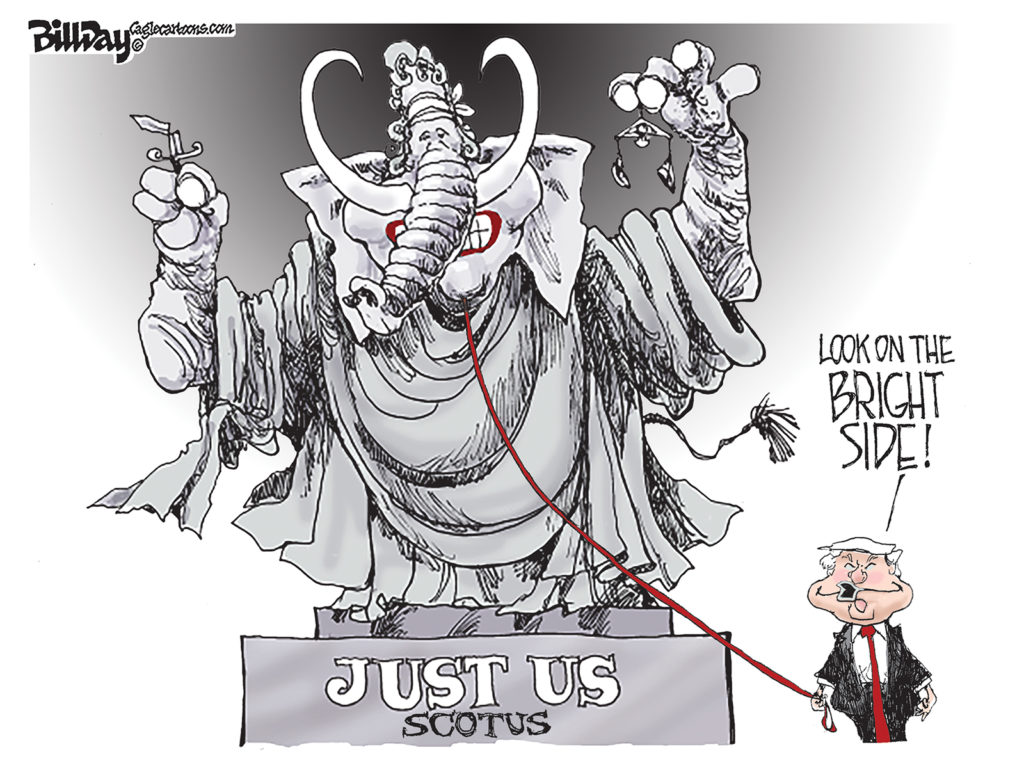Clearly, what Memphis and Shelby County need are more gays and lesbians.
After all, reports put Memphis near the bottom of the nation’s largest 50 cities in same sex couples and gay, lesbian and bisexual population. Meanwhile, Memphis is at the bottom in major economic indicators.
With only 3.5 percent of its MSA population, Memphis ranked #46 in gay and lesbian population, with only Buffalo, Detroit, Richmond and Riverside ranking lower.
Meanwhile, heading up the list were San Francisco, Seattle, Boston, Portland, Tampa, Austin, Denver and Minneapolis. The cities topping this list also happen to be the cities that are proving the most successful in today’s economy and in attracting the highly-coveted 25-34 year-old college-educated workers (see Sunday’s post about the connection between this demographic and tolerant cities).
Dots Connect
Factoid: 11 of the top 15 leading high-tech metros are on the list of the cities with the largest gay, lesbian and bisexual population. Comparing the cities with large gay populations with the cities that are most successfully competing in today’s economy, it suggests that when Memphis rolls out its economic development plans for the future, we need to have attracting more gays at the top of our list.
Census Bureau data suggests that we are losing 25-34 year-old gays as fast, or faster, than straights of the same age. It appears that Nashville is a frequent destination (another booming economy by the way) where there is a more active gay community, more tolerance and a lower “redneck factor.”
To reprise our theme from Sunday’s post, tolerance as a selling point is vastly underrated and misunderstood in Memphis. But more and more, it is a priority for cities that understand how to attract and retain knowledge economy workers.
It is uppermost in the minds of this critical portion of the workforce as they make decisions on where they will work and live. It’s not that they are asking if cities have gays and a vibrant gay culture. Rather, they ask about how the city is open to them, how it welcomes their opinions and accepts their choices. There is no more telling indicator that the presence and acceptance of gays and lesbians.
Nothing Gay About Our Index
Statistics about same-sex couples and the gay, lesbian and bisexual population are contained in a recent report of the Williams Institute and is reminiscent of the widely misunderstood “Gay Index” made famous by Richard Florida in his book, The Rise of the Creative Class.
In his book, Mr. Florida pointed out that Memphis ranked #43 on the 1990 Gay Index and #41 on the 2000 Gay Index. At the same time, Memphis ranked #48 on the High-Tech Index. While those taking shots at his premise mischaracterized it to say that he was suggesting a direct correlation between gays and high-tech jobs, Mr. Florida actually made the point that gays concentrate in open, tolerant cities, and it is these kinds of cities that have a competitive advantage in attracting creative workers generally.
It’s our suspicion that the percentage of gays in Memphis is underreported. After all, the statistics are based on same sex couples, gays and lesbians identifying themselves. In a city with a historic problem with intolerance, it’s not surprising that there is a reluctance to respond openly, and there’s no question that African-American gays tend to stay deep in the closet.
In Memphis, 1,821 couples identified themselves as same sex couples, but the percentage of same sex couples here is about 20% lower than Nashville. In fact, the number of same sex couples was down 936 since 2000, suggesting an out-migration to friendlier environments, taking with them the higher percentage of college degrees when compared to straight couples.
Decent And Intelligent
In Tennessee, there are 148,868 gays, lesbians and bisexuals, and they are equally divided between males and females. Fourteen percent work for government.
In 2000, the gay and lesbian population of Memphis was listed at 30,531. If Memphis could record a sudden uptick in the number of same sex couples and gays and lesbians (or even in an increase based on feelings that things here are safe enough to identify yourselves), it’s a positive sign that things are getting better.
That’s why as Memphis follows key indicators and trends to chart its progress, chief among them should be a trend line for gays and lesbians.
Tolerance is now more than simple decency. Today, it’s a competitive necessity, the reflection of a community that is open and inclusive at a time when these qualities are vital if we are to compete for the kinds of jobs that matter most in a knowledge-based economy.

